
Top iGaming regulatory news stories – Genesis Global MGA licensing woes, new MGA player protection & Vivaro operator 6-figure fine! (Photo by Mathieu Stern on Unsplash)
Renowned online casino operator Genesis Global is no longer permitted to accept new players under its MGA licence because the company has filed for insolvency.
The MGA is also in the news again this week as the authority strives to improve player protection. On top of this, another one of iGaming’s top regulatory authorities has dished out more fines for failed AML checks.
MGA Suspends Genesis Global Licensing
The Malta Gaming Authority (MGA) officially announced on its website that it is suspending the authorisation of Genesis Global Limited, a gambling company based in Malta.
With the suspension in place, this means that new players can’t register, though existing customers are still able to access their accounts as per the rules set out by the MGA. Last month, Genesis Global filed for bankruptcy.
I can’t help but think that an earlier £ 3.8 million fine by the UKGC has something to do with the insolvency soon after Genesis Global left the UK market. It also makes me wonder whether the closure of BGO Entertainment meant the operator dodged a bullet and closed its UKGC operations just in time to dodge similar fines.
The first sign of trouble came when the company let 150 employees go. In the company’s own words, this was “a final attempt to get back on its feet.” It has since closed its Malta offices and laid off its remaining 140 staff. It is unclear whether Genesis Global will ever return to business. It is important to note that the MGA has not ruled out the possibility of a comeback.
If you are a Genesis player with an outstanding claim, you can contact the MGA for help, however, you should not have any issues making a withdrawal. Until then, it is best to stick with one of the several reputable online casinos.
Getting your money back from bankrupt casinos: You can also read up on the online casino bankruptcy guide here. Player funds are still available when operators file for bankruptcy because the MGA does not allow casinos to use player deposits for day-to-day operatins, so auditors cannot touch these funds.
Vivaro Limited Operator Stomachs a Huge 413K Fine Issued by the UKGC
Vivaro Limited has been hit with a $413K fine by the UK Gambling Commission for failing to implement the simplest of Anti-Money Laundering practices. According to the regulator, these simple measures failed to achieve the desired results and could have resulted in higher losses to customers.
These include failing to…
- …adequately monitor high-velocity spends
- …adequately supervise KYC agents.
- …AML trigger levels were too high
- …monitor the length of time its customers stayed with the company
Vivaro’s failure to implement the simplest of AML measures came to light during a lengthy investigation by the UKGC. In particular, the company failed to take into account the volume of gambling it was conducting and the duration of play.
According to the UKGC’s official report, Vivaro’s allowed one customer to lose £4,000 over 4 days without raising any flags. Another member was able to make a £ 20,000 deposit despite earning a £ 5,000 monthly salary. On top of this, the UKGC feels the company was allowing extremely high deposit amounts before triggering and conducting a KYC check.
Full Report: See the full UKGC/Vivaro report here covering all breaches of the UKGC framework leading to the almost half a million sterling fine.
MGA Improves its Player Protection Framework
The Malta Gaming Authority (MGA) has introduced amendments to the Player Protection Directive to further strengthen the protection of players. The rules came into force on 12 January. These amendments are intended to better align the regulatory framework to the latest developments in player protection discussions across the online gambling industry. Specifically, the amendments will introduce a number of new obligations to online gambling providers.
Casinos will need to track and report:
- Deposit amounts and frequency
- The use of multiple payment methods
- How many withdrawals the casino reverses after pending
- User complaints
- Player use of responsible gaming tools
- Detection of problem gambling
These changes are also designed to ensure that the MGA remains accountable for its actions. In particular, the MGA must monitor and report on certain indicators of harm. This will help the MGA to identify any problem gambling processes.
Amendments come into force on January 12, 2023. Before this date, the MGA will have to reject any applications for new gaming licences. Similarly, existing licensees will need to inform the MGA of any changes to their Key Persons in accordance with the amendments.
Moreover, amendments will make it easier to publish the MGA’s player protection guidelines. Licensees must examine their customer activity and take action when they observe any of the markers of harm. It will also be important for operators to train their employees in responsible gaming procedures. A key role of this training is the use of behavioural monitoring systems to recognize signs of potential harm.
To add to the additional rules, the MGA has also introduced a compliance review process. Operators are required to inform the MGA of any suspected breaches of the law. It is quite the overhaul in many ways and requires casinos to take more responsibility not just for player safety but recording stats that can help identify issues such as problem gambling.
Read the full report: For more information, you can head over to the MGA for more details and read the full Amendments to the Player Protection Directive news report in full.














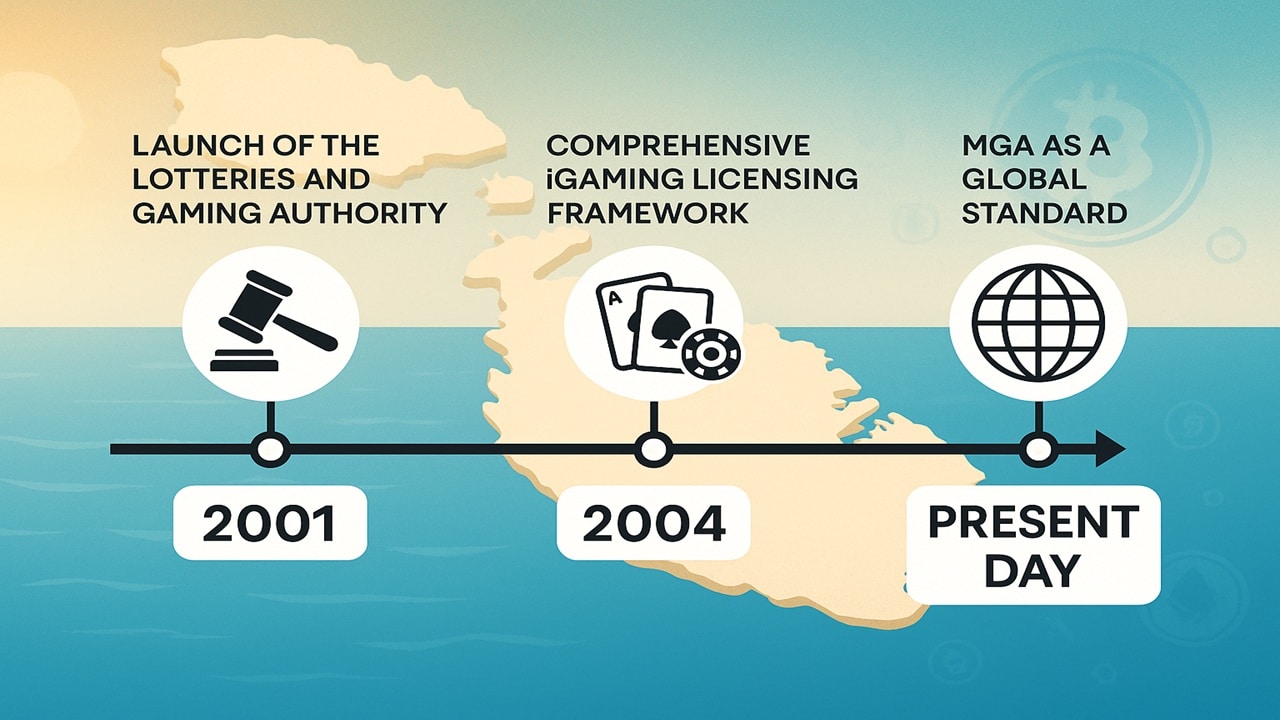


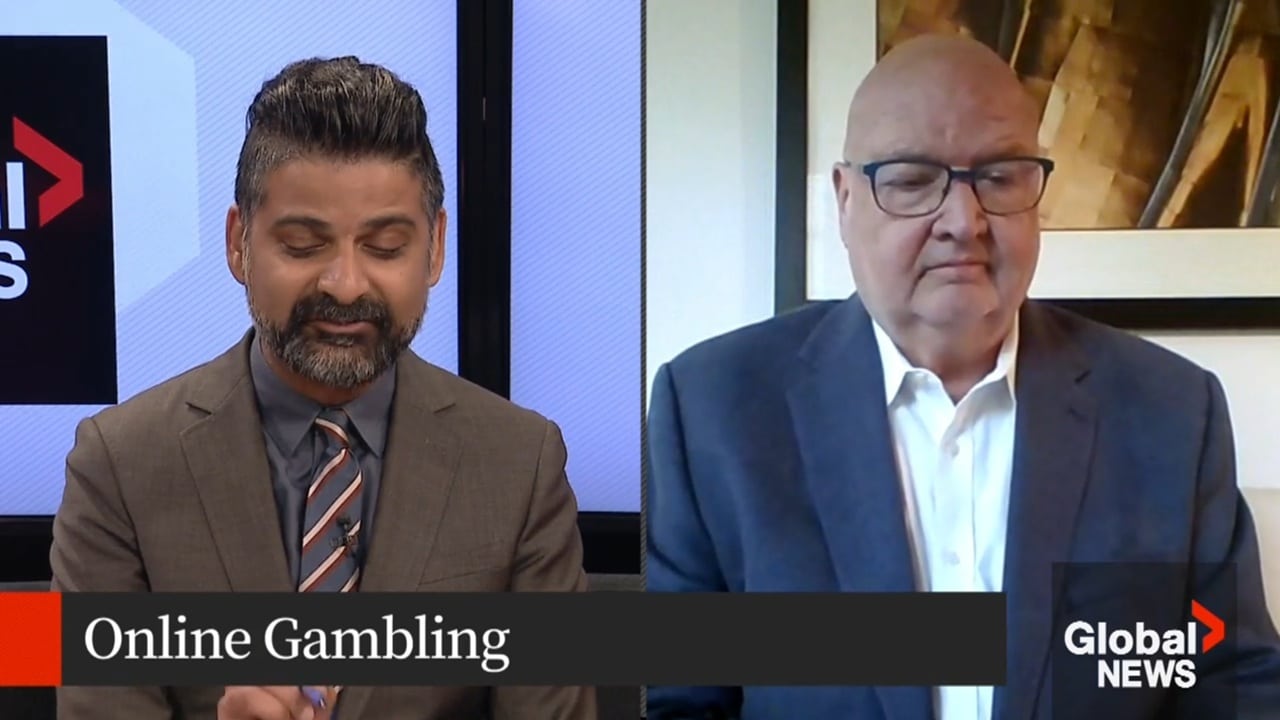

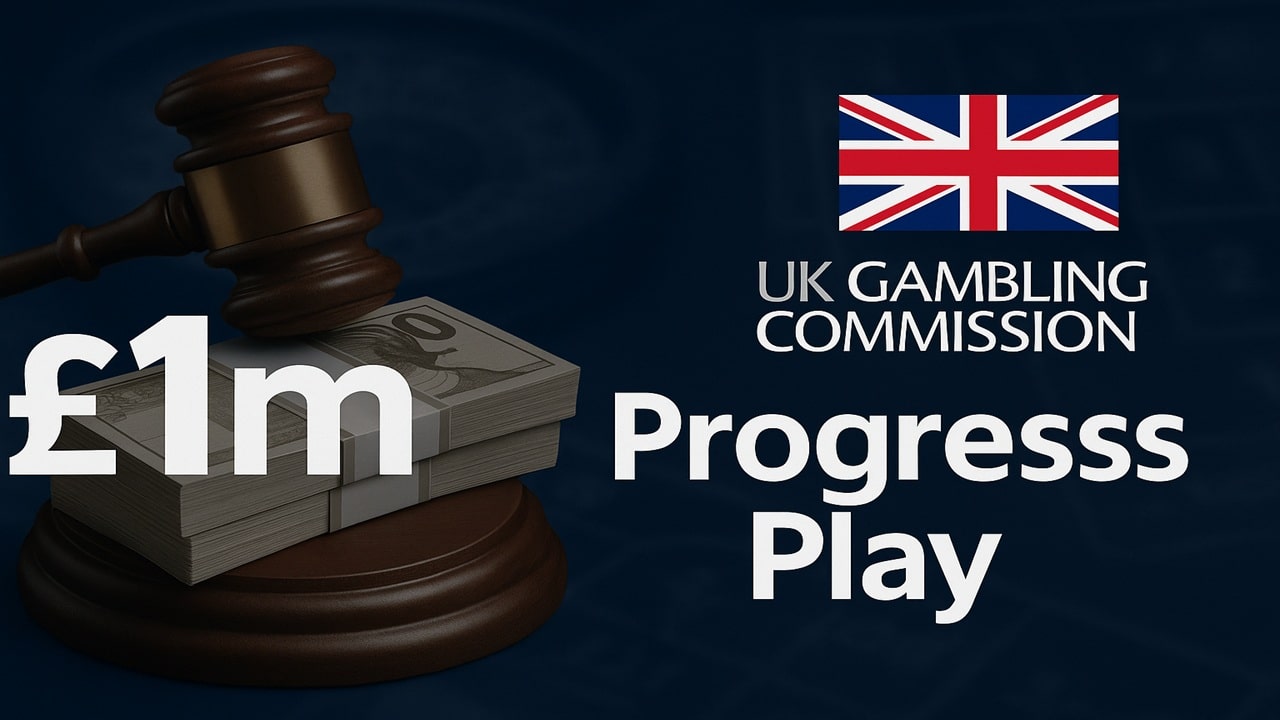
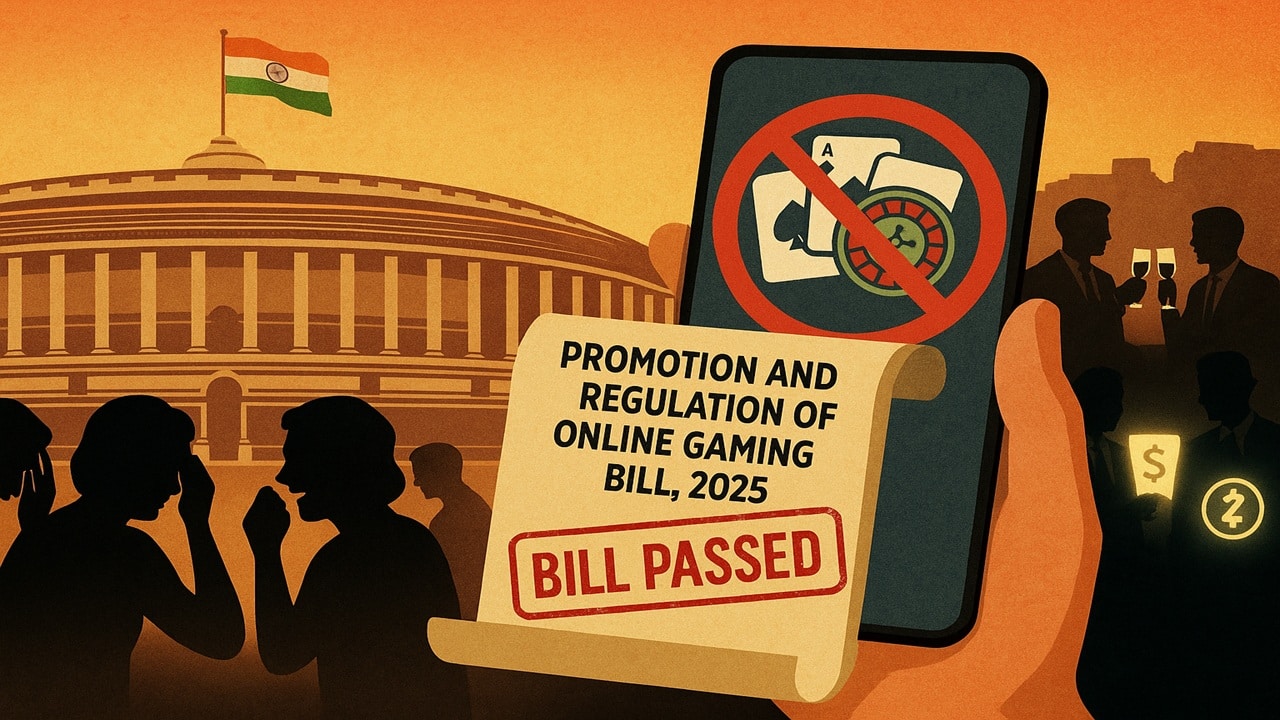




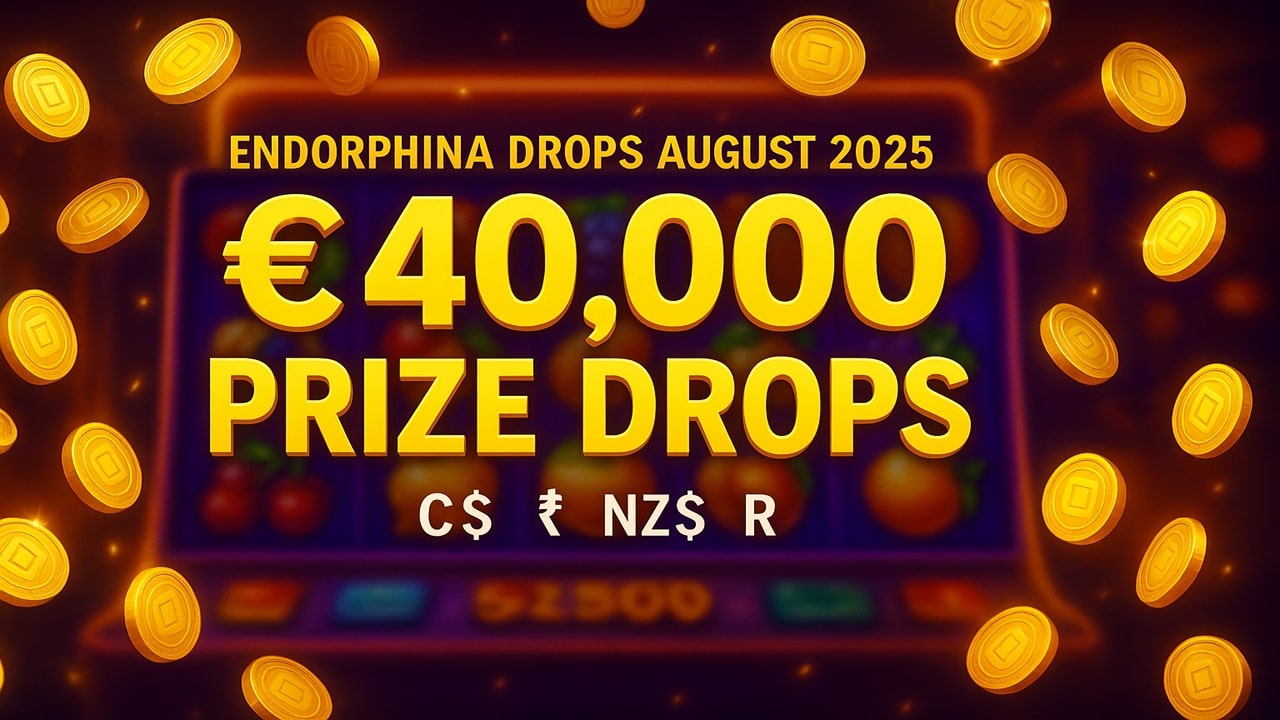





Leave A Comment